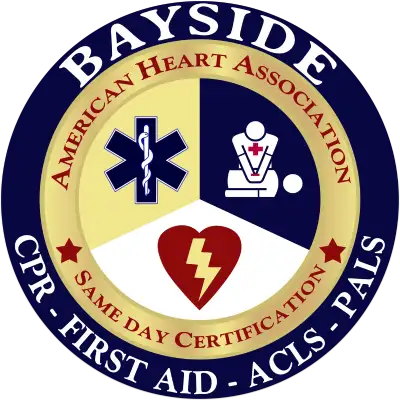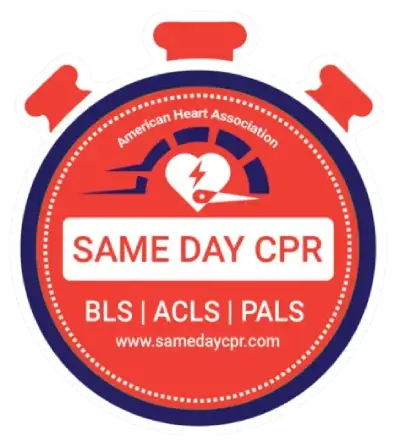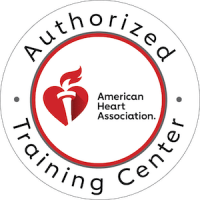
Author Archives: Kyle Hastings

What Is the Correct Volume of Air to Deliver During BVM...
Bag-Valve-Mask(BVM) ventilation is a technique used in CPR, emergency situations, pre-hospital care, and critical care settings. When a patient is unable to breathe on their own, a rescuer manually squeezes a self-inflating bag to push oxygen into th...
Read More ›
How Does CPR Differ in an Unresponsive Adult Choking Victim?
When an adult suddenly becomes unresponsive because they are choking, CPR (cardiopulmonary resuscitation) changes a bit. First, you call for help right away. Before giving breaths to an unresponsive choking person, it’s important to check their mou...
Read More ›
What Should You Do Before Giving Breaths to an Unresponsive Choking...
When someone is unresponsive and choking, it can be a very stressful and frightening situation. Knowing what to do before giving breaths can make a big difference in helping them recover quickly. The first step is to check if the person is still brea...
Read More ›
How Can You Achieve a High Chest Compression Fraction?
Delivering effective CPR requires more than just following the basic steps. One important factor that can make a significant impact is the Chest Compression Fraction (CCF). This often-overlooked metric measures the percentage of time chest compressio...
Read More ›
When Should the Rescuer Operating The AED Clear the Victim?
Have you ever wondered why it’s so important for a rescuer to clear the victim before using an AED? When someone’s heart suddenly stops beating normally, every second counts, and the rescuer plays a key role in making sure the shock from the AED ...
Read More ›
How Often Does CPR Work? Success Rates, Key Factors & Risks
Every year, many people suffer sudden cardiac arrests, and in those critical moments, CPR can mean the difference between life and death. But just how effective is CPR? How often does it help save lives? These questions concern many, especially when ...
Read More ›

